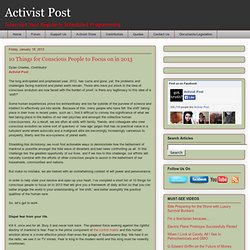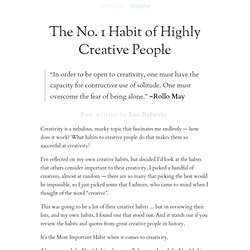

Dinks Designs
www.dinks-designs.co.uk
How To Attract Pollinators. One way to protect the birds, bees, bats and beetles that help pollinate plants is by growing a garden that will help feed and nurture them.

National Pollinator Week is a perfect time to plant a garden these creatures will love. Here’s how to get it off the ground. Choose Your Plants – Start by identifying the “eco region” you live in. The Pollinator Partnership offers plant guides to attract pollinators for 32 different regions of the U.S., plus Canada. Some examples of eco regions are: the Sierran Steppe, the Southeastern mixed forest, prairie parkland (subtropical), Ouachita mixed forest, outer coastal and Lower Mississippi riverine. Learn About Your Eco Region – The guide to your ecoregion will describe your microclimate, general topography and the flora (plants) and fauna (animals) commonly found in your region. Get Familiar With the Plant Traits the Pollinators Like – For example, bats prefer dull white, green or purple flowers with a strong musty odor emitted at night.
10 Things for Conscious People to Focus on in 2013. Dylan Charles, ContributorActivist Post The long anticipated and prophesied year, 2012, has come and gone; yet, the problems and challenges facing mankind and planet earth remain.

Those who have put stock in the idea of conscious evolution are now faced with the burden of proof: is there any legitimacy to this idea of a ‘shift?’ Some human experiences prove too extraordinary and too far outside of the purview of science and intellect to effectively put into words. Because of this, many people who have felt ‘the shift’ taking place in their lives in recent years, such as I, find it difficult to convey the significance of what we feel taking place in the realms of our own psyches and amongst the collective human consciousness. Straddling this dichotomy, we must find actionable ways to demonstrate how the betterment of mankind is possible amongst the tidal wave of disasters and bad news confronting us all. So, let’s get to work. Dispel fear from your life. Kill it, once and for all.
Namaste. 50 Questions That Will Free Your Mind. Twelve Rules for Being Human - Philosophy of Life, Wisdom.
Green Issues. Survival guides. Apprenticeships. Educate yourself. Travel. PostSecret. » The No. 1 Habit of Highly Creative People. “In order to be open to creativity, one must have the capacity for contructive use of solitude.

One must overcome the fear of being alone.” ~Rollo May Post written by Leo Babauta. Creativity is a nebulous, murky topic that fascinates me endlessly — how does it work? What habits to creative people do that makes them so successful at creativity? I’ve reflected on my own creative habits, but decided I’d look at the habits that others consider important to their creativity. This was going to be a list of their creative habits … but in reviewing their lists, and my own habits, I found one that stood out. It’s the Most Important Habit when it comes to creativity. After you read the No. 1 habit, please scroll down and read the No. 2 habit — they might seem contradictory but in my experience, you can’t really hit your creative stride until you find a way to balance both habits.
The No. 1 Creativity Habit In a word: solitude. Creativity flourishes in solitude. What habit helps his creativity?
How the Brain Stops Time. One of the strangest side-effects of intense fear is time dilation, the apparent slowing-down of time. It's a common trope in movies and TV shows, like the memorable scene from The Matrix in which time slows down so dramatically that bullets fired at the hero seem to move at a walking pace. In real life, our perceptions aren't keyed up quite that dramatically, but survivors of life-and-death situations often report that things seem to take longer to happen, objects fall more slowly, and they're capable of complex thoughts in what would normally be the blink of an eye. Now a research team from Israel reports that not only does time slow down, but that it slows down more for some than for others. Anxious people, they found, experience greater time dilation in response to the same threat stimuli. An intriguing result, and one that raises a more fundamental question: how, exactly, does the brain carry out this remarkable feat?
Arts and crafts. Colour Theory. 8 Irresistible Principles of Fun. 174,203 Things You Can Do Instead of Watching TV. Things to do. Hobbies. 29 ways to stay creative. 38 Life Lessons I've Learned in 38 Years.